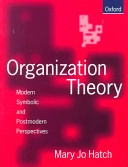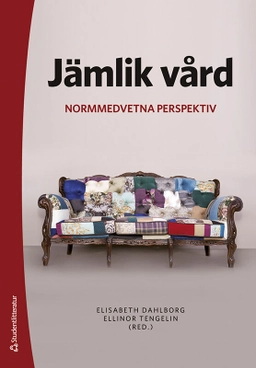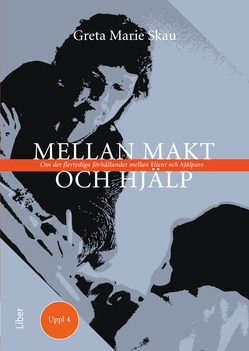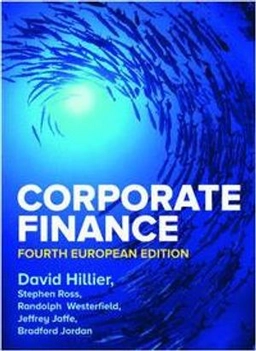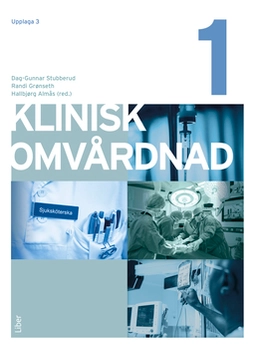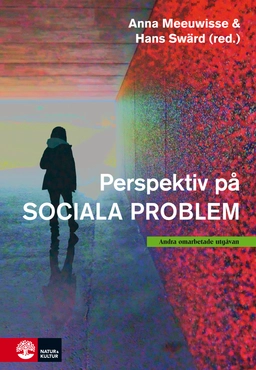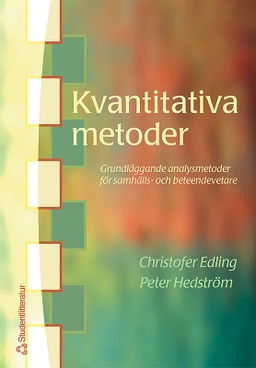This text offers a comprehensive and original introduction to organization theory and is designed to provide an even handed, balanced appreciation of the different perspectives that have contributed to our knowledge about organizations. The text's approach is pluralist, reflecting the diverse nature of organizational theory as a field of study influenced by thinkers from a variety of academic disciplines. Specifically, perspectives described as `modern', `symbolic-interpretive' and `postmodern' frame the analysis. Students are encouraged to `adopt' these perspectives to expand their own view and to enhance their understanding. A key question addressed throughout the text is the nature of the relationship between organizational theories and the reality these theories describe. Organization Theory is in three parts: * Part 1 introduces the multi-perspective approach * Part 2 explores the ways in which organizations are analysed - as entities within an environment; as subjectsof strategic action; as technologies; as social structures; as cultures; and as physical structures * Part 3 covers topics of central importance in organizational theory including decision-making, power, conflict, control and change within organizations. To aid learning the text offers many diagrammatical and conceptual models and each chapter includes a summary, a list of key terms and pointers to further reading.
Åtkomstkoder och digitalt tilläggsmaterial garanteras inte med begagnade böcker
